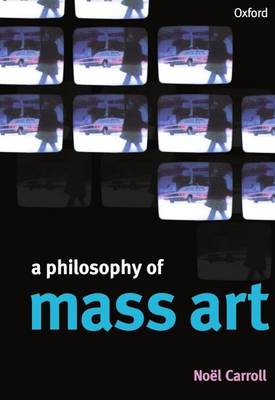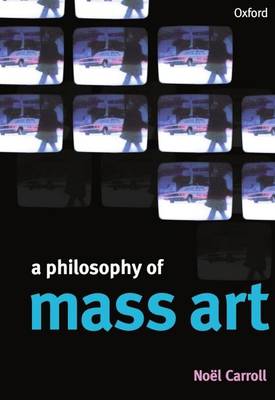
- Afhalen na 1 uur in een winkel met voorraad
- Gratis thuislevering in België vanaf € 30
- Ruim aanbod met 7 miljoen producten
- Afhalen na 1 uur in een winkel met voorraad
- Gratis thuislevering in België vanaf € 30
- Ruim aanbod met 7 miljoen producten
Zoeken
€ 87,95
+ 175 punten
Omschrijving
Few today can escape exposure to mass art. Nevertheless, despite the fact that mass art provides the primary source of aesthetic experience for the majority of people, mass art is a topic that has been neglected by analytic philosophers of art. This book aims to address that lacuna.
Specificaties
Betrokkenen
- Auteur(s):
- Uitgeverij:
Inhoud
- Aantal bladzijden:
- 438
Eigenschappen
- Productcode (EAN):
- 9780198742371
- Verschijningsdatum:
- 29/01/1998
- Uitvoering:
- Paperback
- Afmetingen:
- 156 mm x 231 mm
- Gewicht:
- 682 g

Alleen bij Standaard Boekhandel
+ 175 punten op je klantenkaart van Standaard Boekhandel
Beoordelingen
We publiceren alleen reviews die voldoen aan de voorwaarden voor reviews. Bekijk onze voorwaarden voor reviews.








